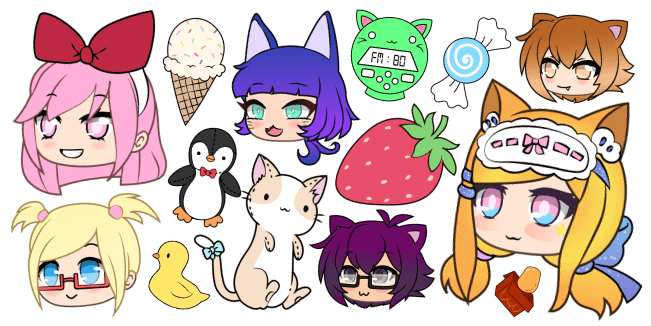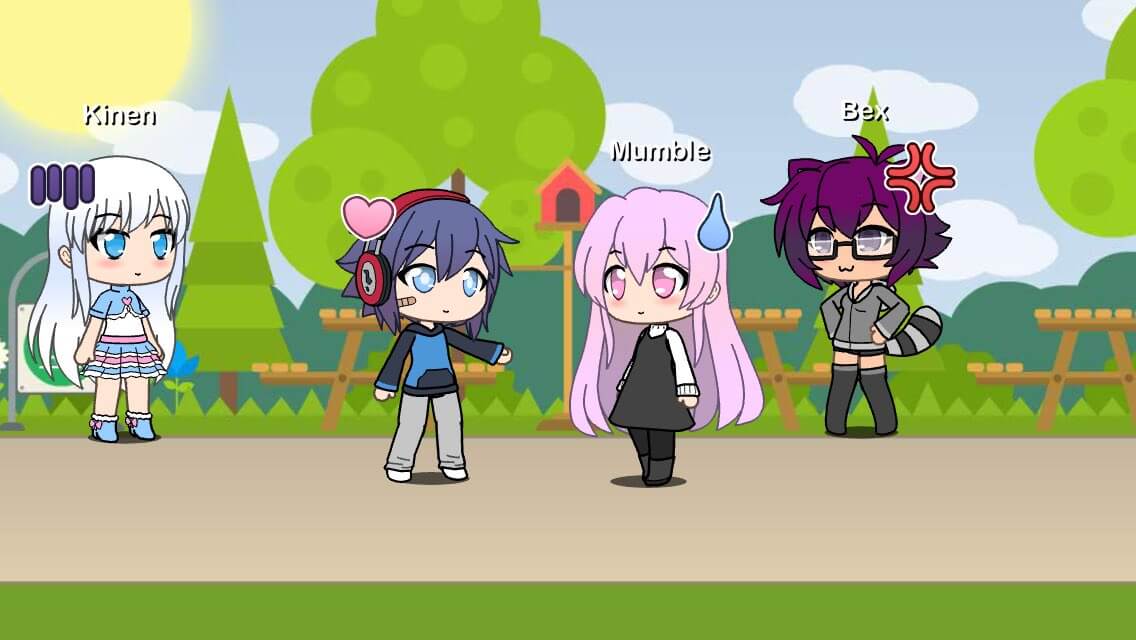

Most developers that work primarily with free-to-play games recommend it be incorporated into the game starting with the concept for maximum monetization potential. Game developers have praised gacha as being a great free-to-play monetization strategy. Discounted gacha ĭiscounted gacha usually involve special campaigns or events by the game company to allow users to roll for a lower price. Gacha that show (open) versus hide (closed) the exact probabilities of pulling rare items. This gacha is very popular with heavy spenders, because with every roll the stakes feel higher. With step-up gacha, the player's chances of pulling a rare item is increased each time they roll.

At the end of the roll, the player receives all the items at once. As opposed to spending a set amount for individual rolls, a player can spend a larger amount in order to roll several times in a row for a slightly discounted price. Consecutive gacha Ĭonsecutive gacha improves the chances of receiving rare rewards when the player spends in bulk. An example of this mechanic is Need for Speed Payback. Trade gacha allows the player to trade undesired items for a new roll that will give the player a better item.
#Gacha life game free free
In games that offer an initial free gacha roll upon commencement, players beginning the game for the first time may attempt "re-rolling" by repeatedly creating new accounts until they obtain the desired rare item or starting results. Redraw gacha allows the player to "re-roll" the gacha if they receive an unfavorable result. For this reason, some players will calculate how much money it would take to ensure they pull the item of their choosing. It is also possible to pull every item in the box, provided the player is willing to spend enough. As items are pulled from the box, the likelihood of receiving the desired item increases since there are fewer items in the box. Its popularity grew around the time that the complete gacha controversy was becoming publicized. Box gacha īox gacha is a virtual box of set items with known probabilities. This is particularly true if there are a large number of common items in the game, since eventually one single, specific item is required. The first few items in a set can be rapidly acquired but as the number of missing items decreases it becomes increasingly unlikely that redeeming a loot box will complete the set (see coupon collector's problem). Under complete gacha rules, players attempt to "complete" a set of common items at random in a particular loot pool in order to combine them into a rarer item. "Complete gacha" ( コンプリートガチャ), also shortened as "kompu gacha" or "compu gacha" ( コンプガチャ), was a monetization model popular in Japanese mobile phone video games until 2012, when it was found to be illegal by Japan's Consumer Affairs Agency. See also: List of gacha games Complete gacha The high-spending players are often colloquially referred to as " whales". An aspect of monetisation commonly found in the financing of gacha games involves a model where a large part of the game's revenue comes from a very small proportion of players who spend an unusually large amount of money on gacha rolls, essentially subsidising the game for other players who may spend smaller amounts of money, or even free-to-play players that spend no money at all. The model of gacha has been compared to that of collectible trading card games as well as to gambling. These games may also feature different tiers of gacha pulls, which give different sets of rewards. Players may be given free or discounted gachas, but have to pay to get more. In many games, gacha rewards are essential for players to make progress in the game. Soft pity increases the probability slightly of getting a rare item with every pull, counting up and recalculating the probability until the rare item is received, while hard pity uses a counter to keep track of the number of pulls and automatically dispense the rare item after reaching a preset number. Other gacha models use a pity system: that is, if after a certain number of pulls the player does not receive an item, then the following pull will be guaranteed that item. Because some of the rewards have a lower chance to appear, typically players must spin the gacha many times before they get their desired outcome. Sometimes, these gacha are limited, such that specific prizes can only be obtained within a specific event time-frame. This allow players to "pull" or "spin" the gacha (analogous to a slot machine or roulette wheel) using a specific amount of in-game currency, which will then give the player a randomized character, card, or other item.


In these games, there are usually numerous characters, cards, or other items that players can obtain, and most of them are only obtainable via a "gacha" mechanism.


 0 kommentar(er)
0 kommentar(er)
